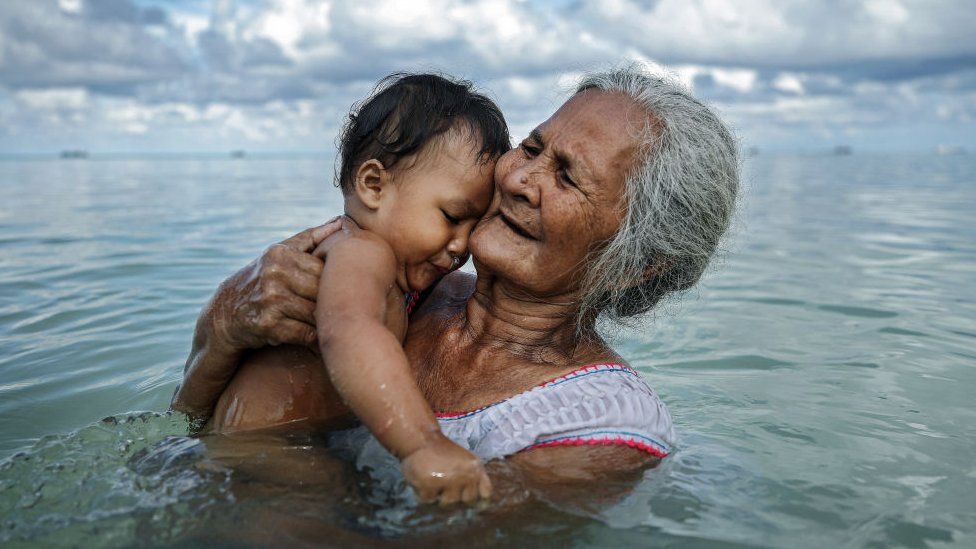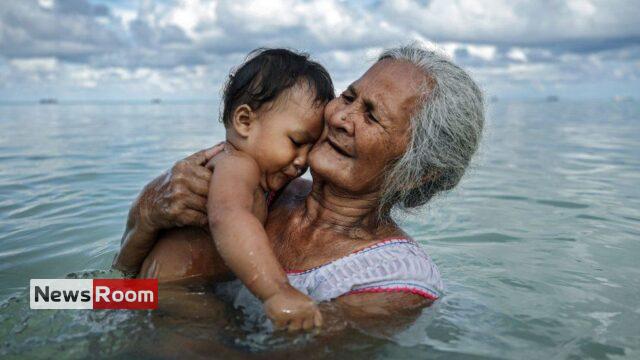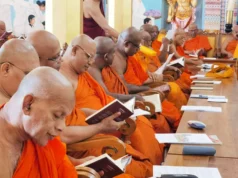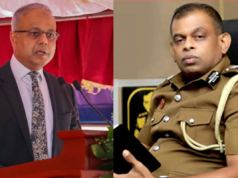The UN climate talks in Dubai could be in jeopardy after some nations reacted furiously to a draft deal on fossil fuels they call “weak”.
The draft removed language included in a previous text suggesting that fossil fuels could be “phased out”.
All 198 countries at the summit must agree or there is no deal.
Humans burning fossil fuels is driving global warming, risking millions of lives, but governments have never agreed how or when to stop using them.
A representative for the European Union called the draft “unacceptable” and said the bloc could walk away. “We can’t accept the text,” said minister Eamon Ryan, a negotiator for the EU and Ireland’s environment minister. But he added that the collapse of the talks is “not the outcome the world needs”.
Politicians, including from nations on the frontline of climate change, have been in Dubai, United Arab Emirates, to discuss the growing problem in a year that is set to be the warmest on record.
The question of what to do about greenhouse gas emissions from burning oil, coal and gas have dominated the talks.
Expectations were low that the controversial COP28 President Sultan al-Jaber could deliver a strong deal on fossil fuels because he is also CEO of the Abu Dhabi oil giant Adnoc.
But countries that want a rapid end to fossil fuels had grown optimistic as Jaber appeared to say he backed a “phase out” of fossil fuels.
A draft text published on Saturday confirmed that one option for the talks outcome was a “phase out of fossil fuels in line with best available science”.
Questions remained over when this would happen and whether it would rely on the use of expensive and experimenta; technology to store the carbon dioxide released when fossil fuels are burned.
On Monday, another draft was published that deleted mentions of “phase out”. Instead it said nations should “reduce consumption and production of fossil fuels in a just, orderly and equitable manner”.
While the changes in language can seem small, slight differences in UN documents can significantly change what countries are obliged to do. Many nations appear to have had just an hour to look at the text before a meeting of all governments was called.

Countries on the front line of climate change – places where sea-level rises are already destroying homes and storms are killing people – condemned the draft deal.
“We will not sign our death certificate,” said a representative for the Alliance of Small Island States, adding it would not agree to a text without “strong commitments on phasing out fossil fuels”.
Sultan al-Jaber, the COP28 president, said the text reflected his ambitions and called it a “huge step forward”.
(BBC)








